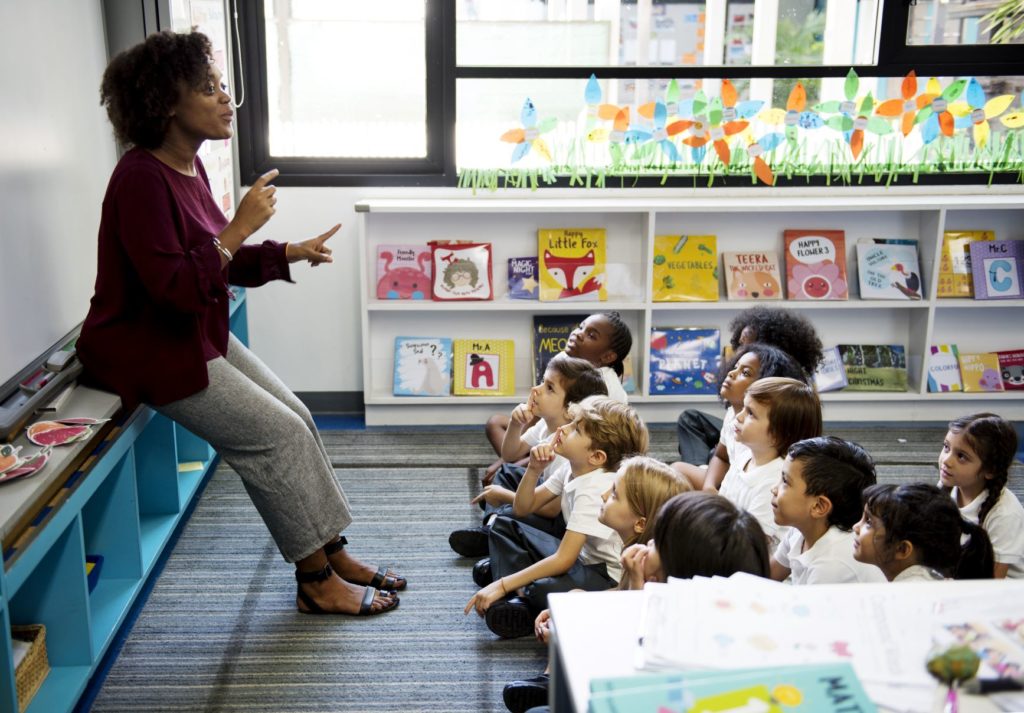
The Build Back Better plan currently being considered by Congress includes $390 billion to cut child care costs for many families and provide free preschool for all children in America.
President Joe Biden has said it would be “a tough fight” to get this act passed and there is much opposition.
Let’s take a look at what we know so far and how it could affect your child care center, if implemented.
How The Bill Affects Child Care
If the bill is fully implemented, millions of children would be able to go to preschool without families having to pay. It would cap child care costs at 7% of most families’ incomes. It also requires a “living wage” for child-care workers but lets the state determine what that means and even whether to adopt it.
The program is for children from birth through 5 years old who are not yet in kindergarten.
According to the Center for Law and Social Policy, the typical family in 32 states would save more than $100 a week on child care expenses and more than 8.2 million children could be served by the child care and preschool proposals in the act, which is 11 times more than those currently served.
And the Economic Policy Institute estimated that the funding in the legislation for child care and preschool programs would directly support 200,000 jobs in preschool and 340,000 jobs in child care each year.
Free community college, one of the original provisions, already has been cut from the bill. That affects child care professionals hoping to obtain early childhood education degrees but who struggle to afford the cost of higher education.
The child care funding in the Build Back Better Act has the support of many child care advocacy groups, including the Council for Professional Recognition.
“The Build Back Better Act will make quality child care more affordable for American families. It also provides long overdue and desperately needed increases in wages for professionals in a field plagued by workforce shortages,” the group said on its website. “For far too long, child care workers facing low salaries and poor benefits have struggled to achieve financial stability and to find child care for their own children. This legislation will ensure that child care workers in programs funded by the Build Back Better Act are paid salaries commensurate with public school teachers in their state who have comparable qualifications and experience.”
A Look at the Nuts and Bolts of The Act for Child Care Providers and Families

Here’s a breakdown from Child Care Aware of America, a group that works with a national network of more than 400 child care resource and referral agencies and other partners to ensure that all families have access to quality, affordable child care:
What does the Build Back Better Act Mean for Families?
- These new investments will pave the way for free high-quality universal preschool for all 3- and 4-year-old children.
- Parents will be able to send children to the preschool setting of their choice, whether it’s a licensed child care provider or local public school.
- For families earning up to 250% of state median income, their child care costs will be limited to no more than 7% of their income.
What Does the Build Back Better Act Mean For Child Care Providers?
- This federal funding will ensure that states increase compensation and invest in the supply and quality of child care.
- Investments will support a child care system that includes family child care homes and child care centers.
- Universal preschool will also include a mixed-delivery system, with a distribution among eligible providers including Head Start, schools and both center-based and family child care.
Waiting for a Resolution

Last year, Congress’s various Covid relief bills allocated $52.5 billion to keep the child care industry afloat, Bloomberg News reported, and it wasn’t enough. About a third of child care businesses have closed.
Although billions in aid seems like a lot of money, other industries got much more, according to the article — one out of every 55 working women in the U.S. works in child care or early education, yet the Cares Act gave more to Delta Air Lines Inc. than to all of those women combined.
Child care providers have weathered tough storms in the past two years. And now we must wait to see what Congress will do.
Two out of three child care businesses that use software use Procare. We’re here to help.
Procare is offering end-of-the year promotions to help child care providers until such funding might come through. Request a demo now to see how Procare can save you money now and into 2022.


